




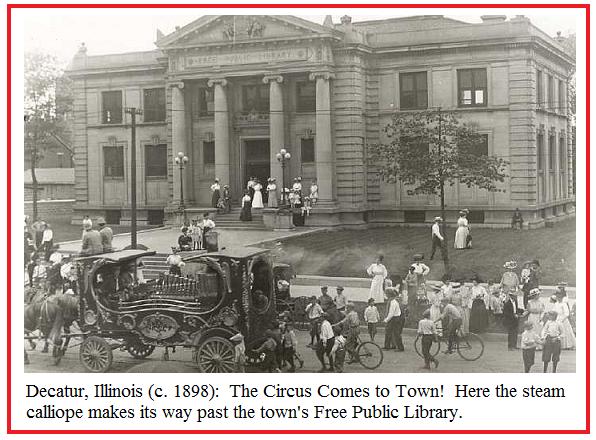
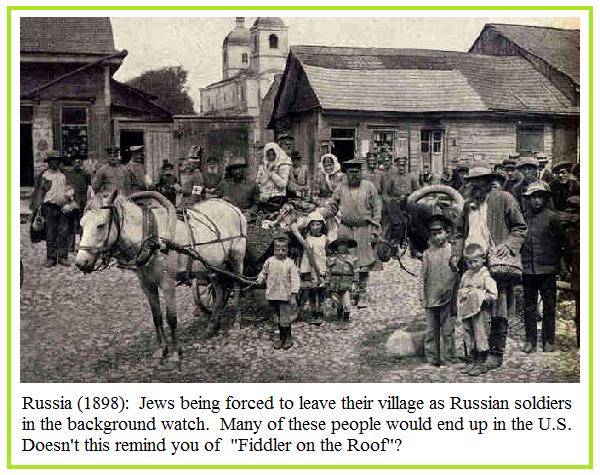


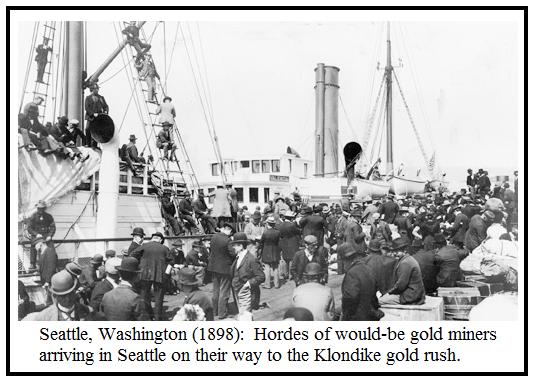



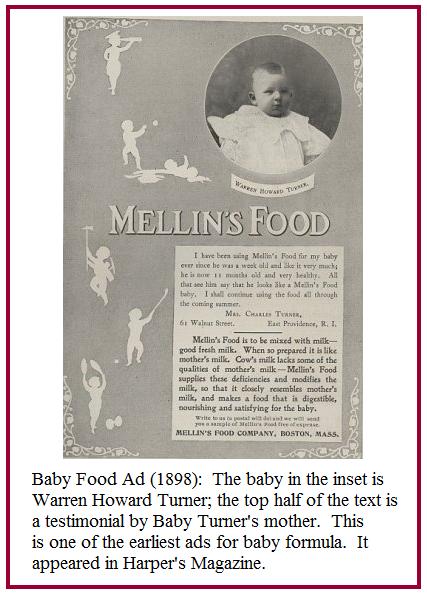





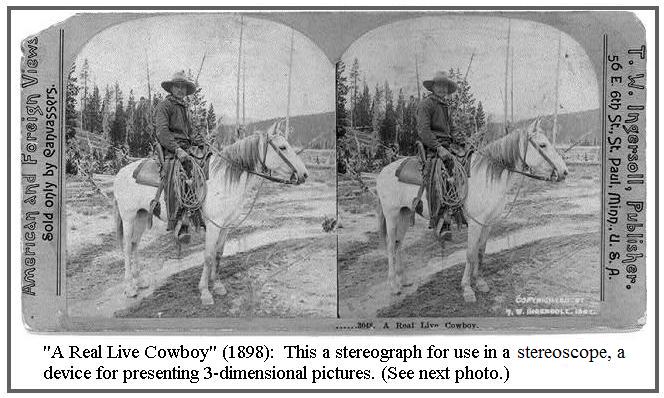





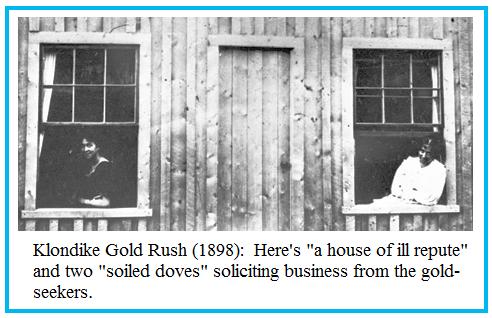
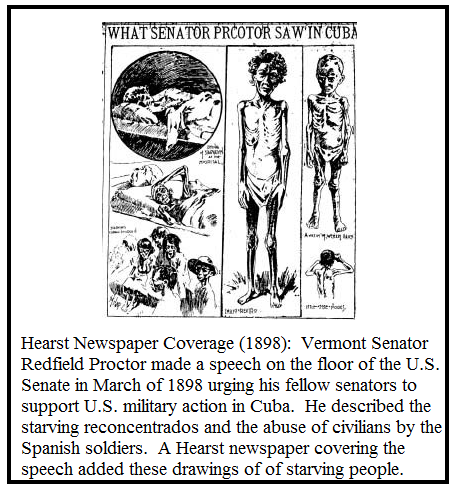





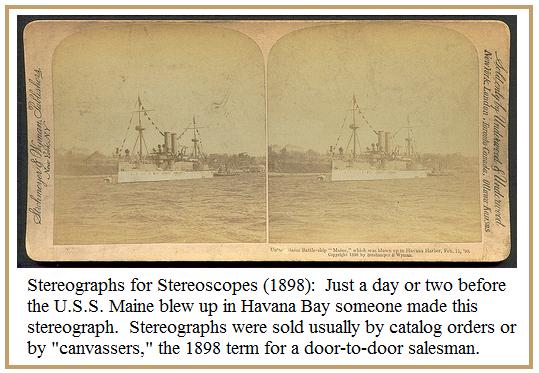




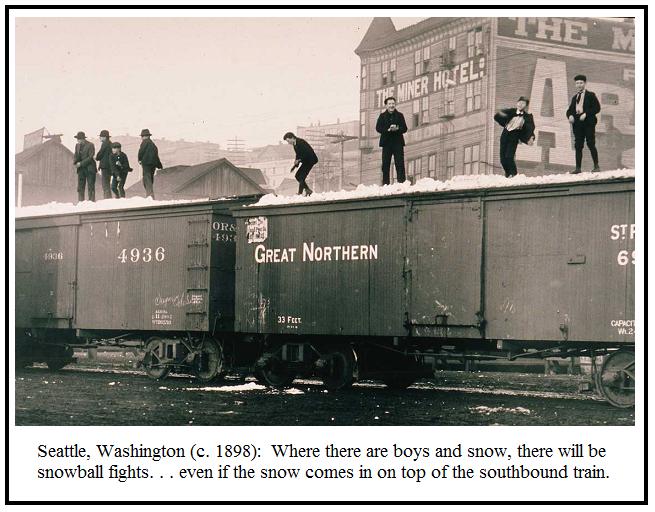

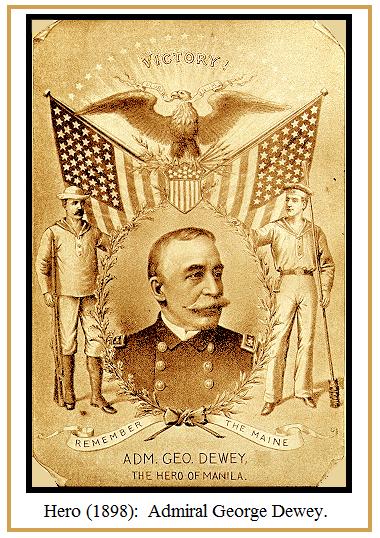
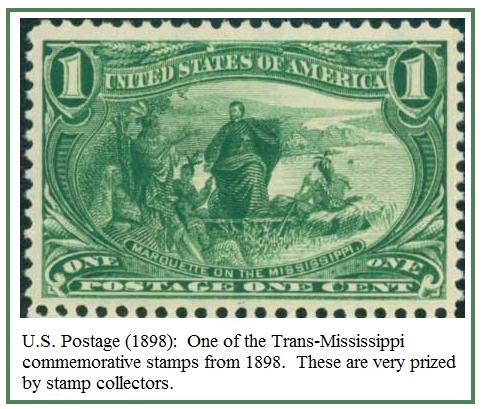











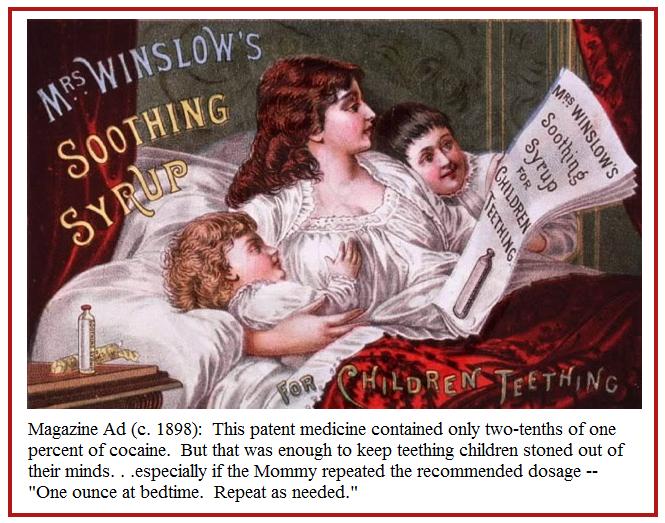

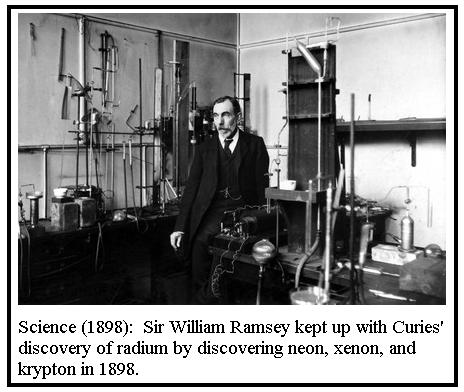

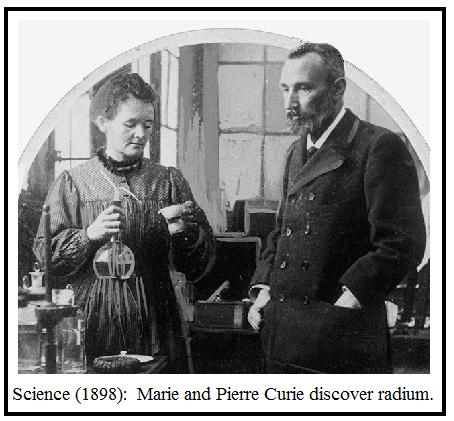






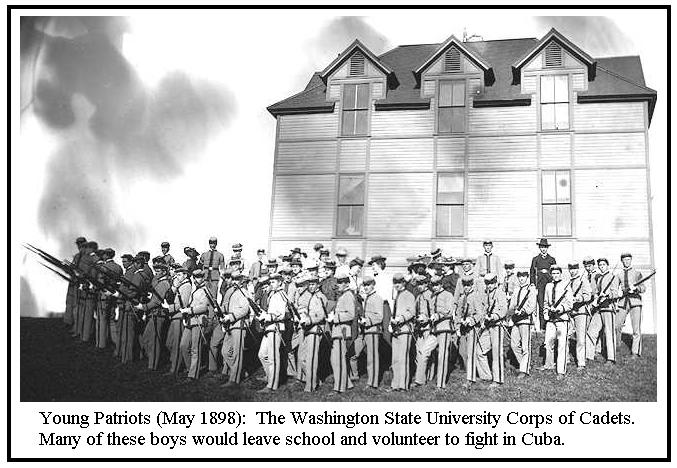

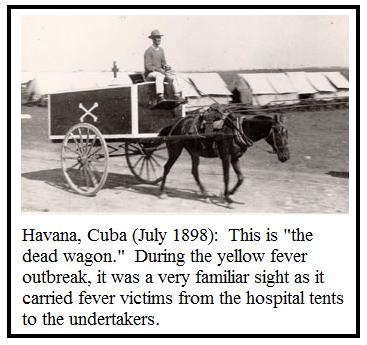
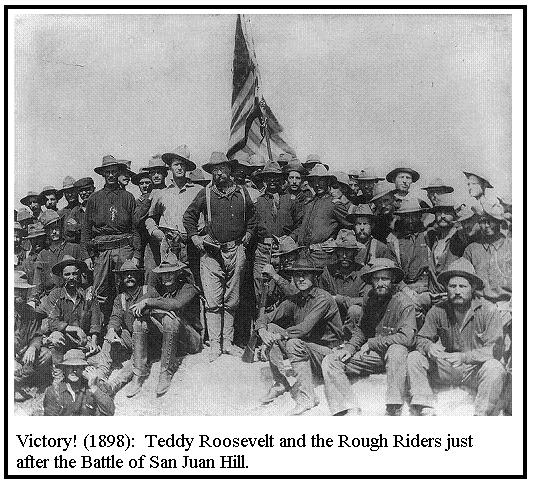







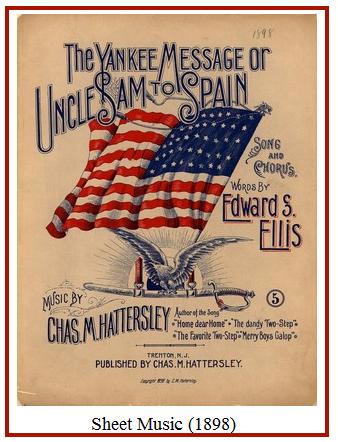







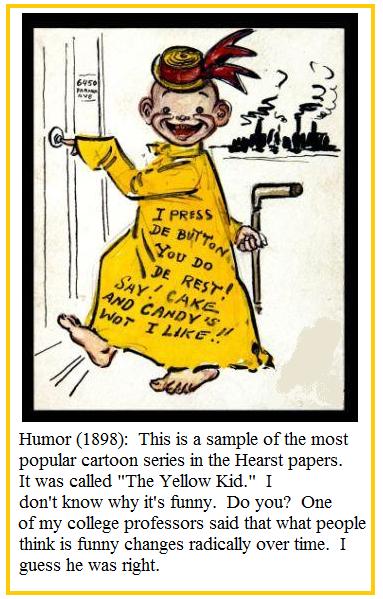


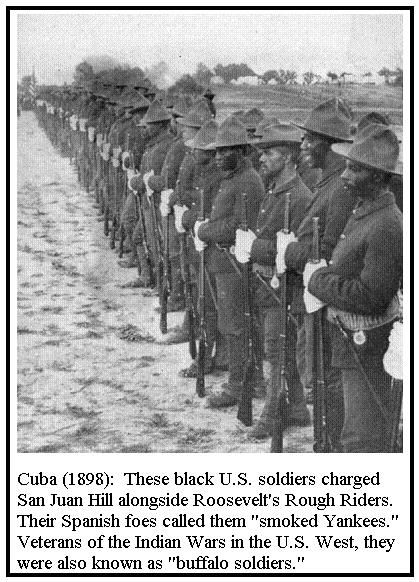
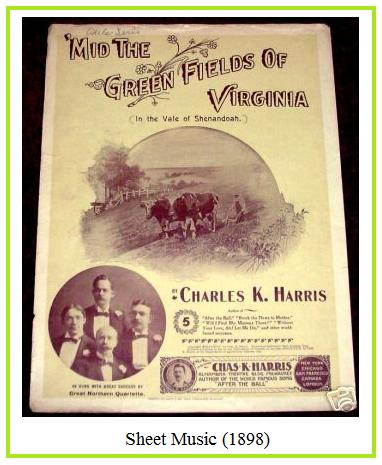





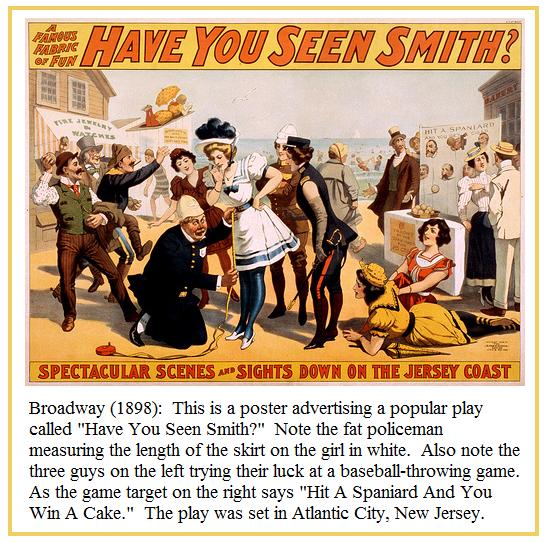
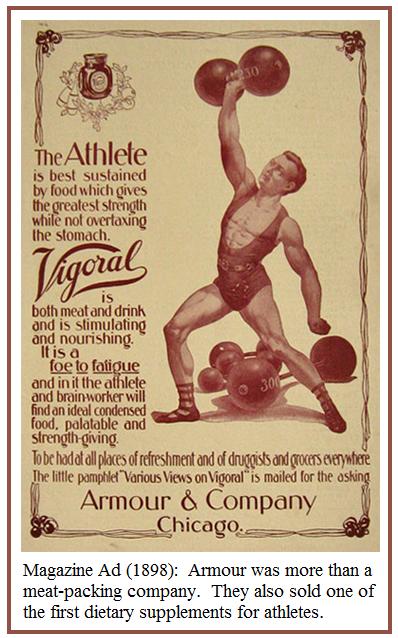






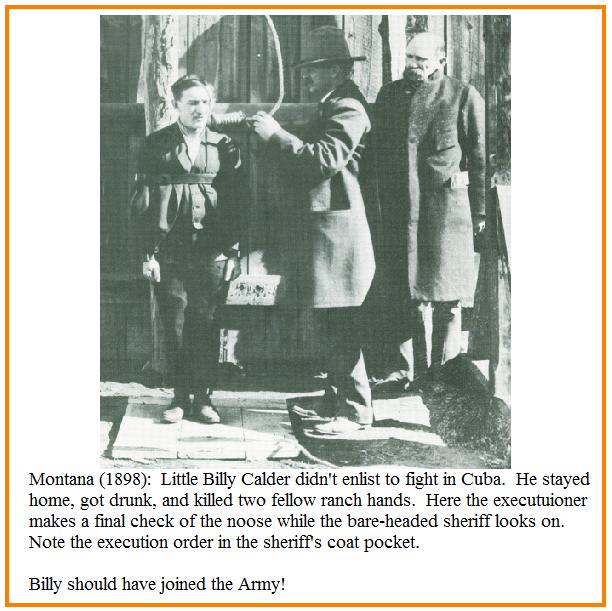

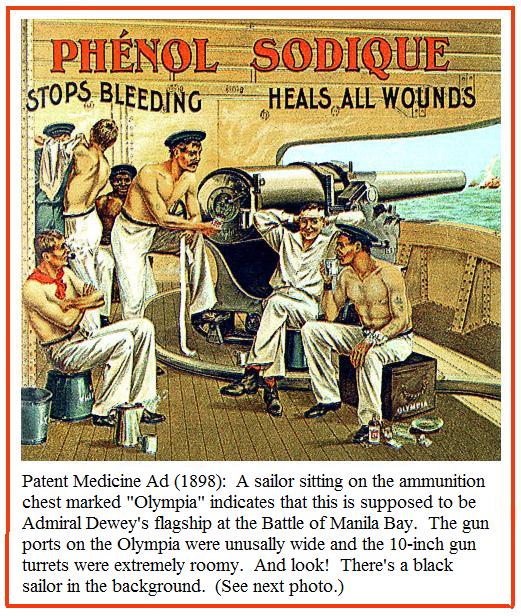




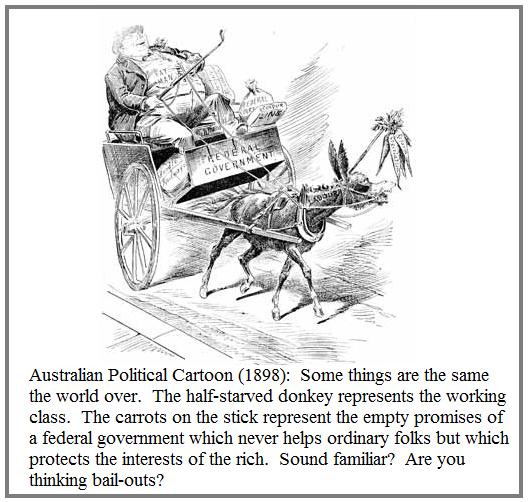










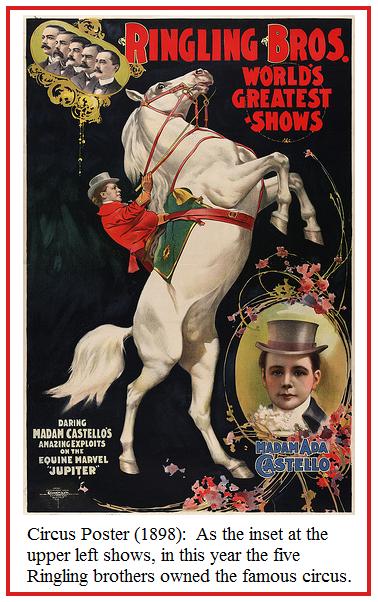



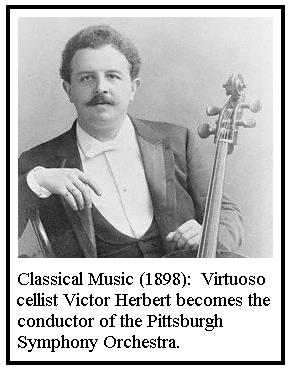

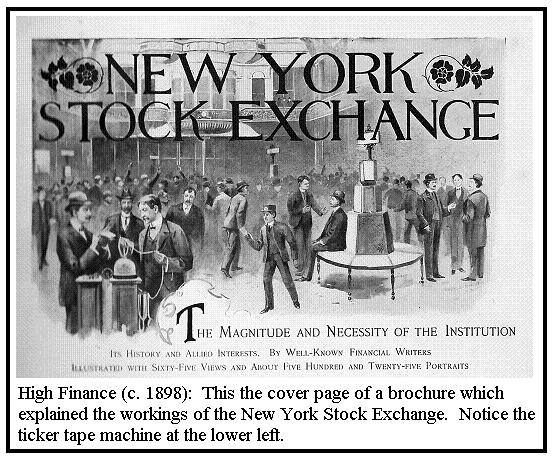

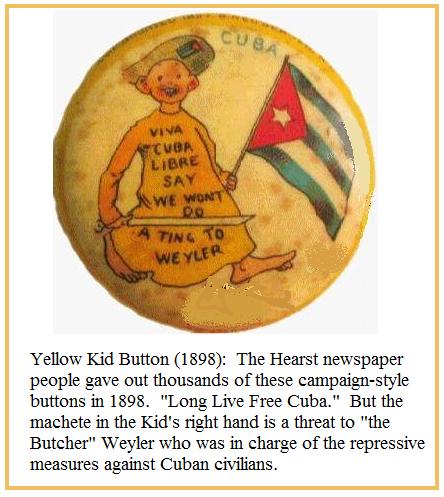

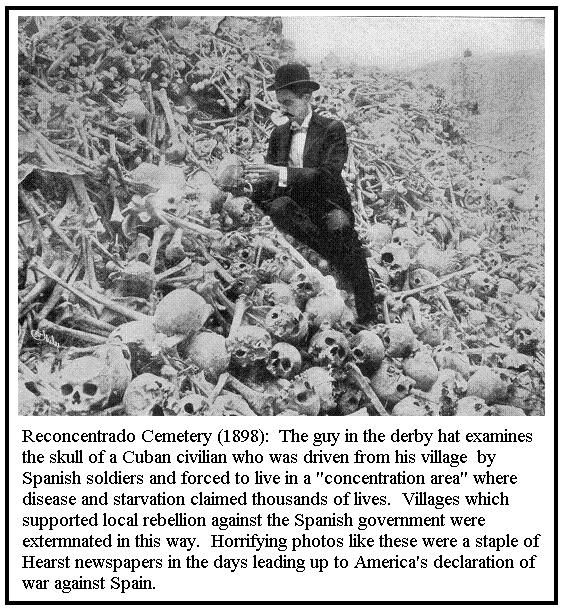






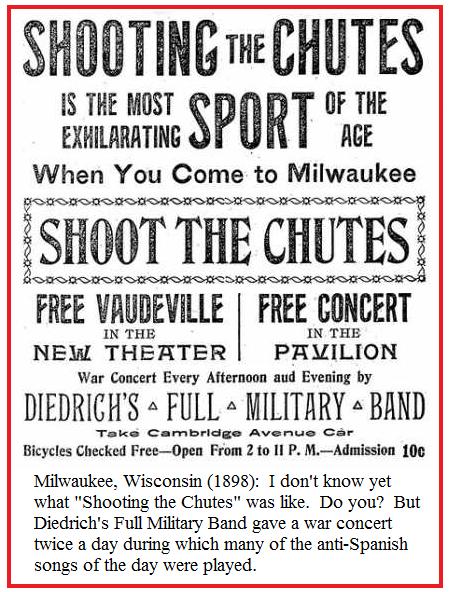









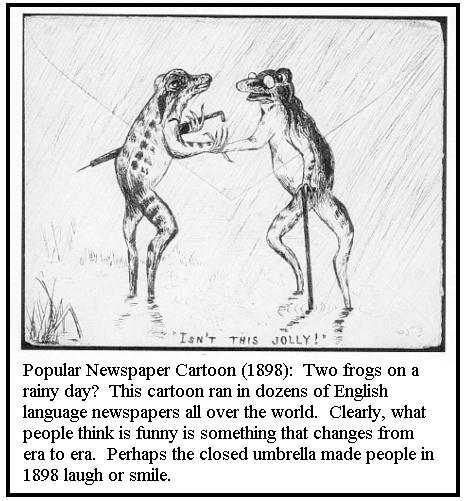








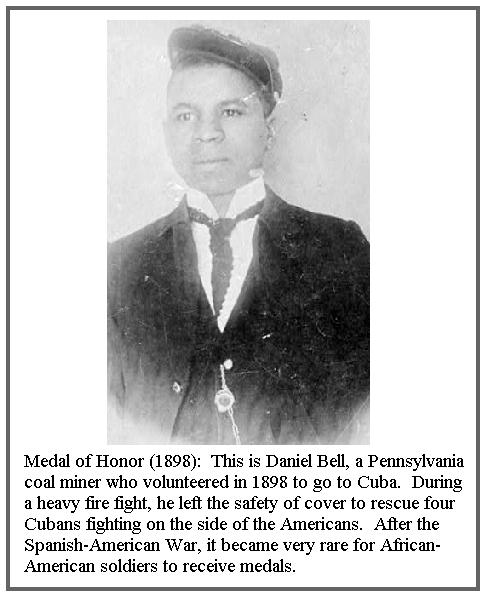






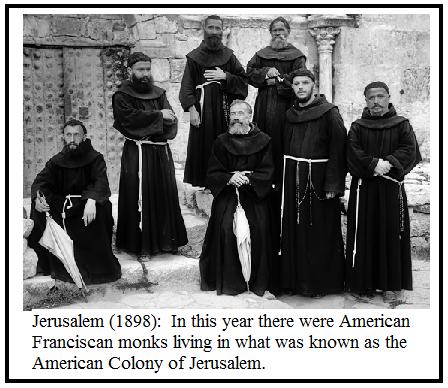





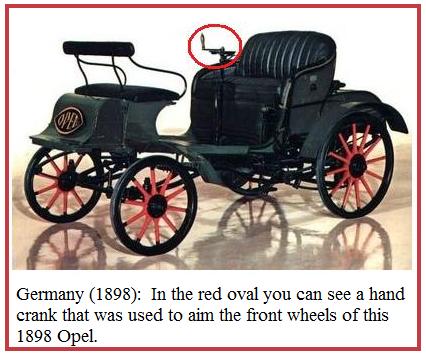








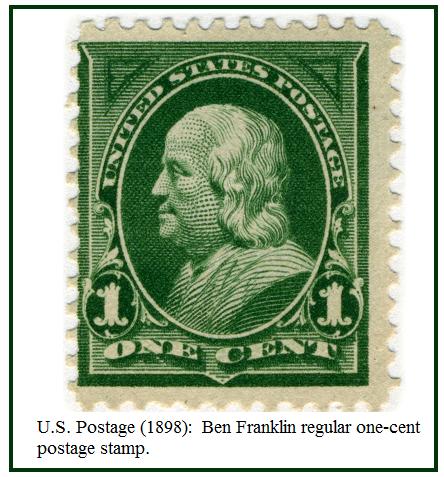















1898: Imperialism, Patriotism, and Everyday Life My first college history professor, Roy "Chief" Vollenweider, S.J., constantly reminded his students that history is much, much more than wars, battles, kings, presidents, famous speeches, dates to be memorized, and all those "ism's" like imperialism, racism, Protestantism, communism, isolationism, socialism, patriotism, and nationalism.
Chief seemed to be saying, "History is everything that has ever happened. Much of the past may be lost or mislaid. But the more we know -- or find out -- about what the people in the past feared or hoped for, who their heros and villains were, what they found funny or entertaining, what songs they sang, what books and poems and newspapers they read, what they looked like, what their sports and art were like, and even what the stamps on their letters and the jingling coins in their pockets looked like -- the more of this kind of detail we can recover, the richer our understanding of history will be."
Chief would have really loved the internet.
I patched together the above idealized quotation from my memories of Chief's Western Civ 101 class in 1958 and from my memories of his courses on the 19th and early 20th centuries. He never said all that stuff in one speech, but he constantly hammered home those points that I included in the "quotation."
Another point he made was that studying any small patch of time in great detail is a very good way of doing what we all know is important -- learning from history.
You all remember the famous quotation -- "He who does not learn from history is condemned to repeat history."
Here, then, Gentle Readers, is the year 1898. What should we have learned from that year?
__________________________________________________________ By the way, Father Vollenweider, who was an old-school Jesuit professor/priest, was used to teaching at all-male colleges where he developed the habit of calling all his students "Chief." Probably because he couldn't remember all the guys' names as well as he could remember the vast array of historical knowledge that he possessed.
By the time I ended up in his history classes, nobody called him "Father" any more. He is, was, and always will be, CHIEF!































































































































































































